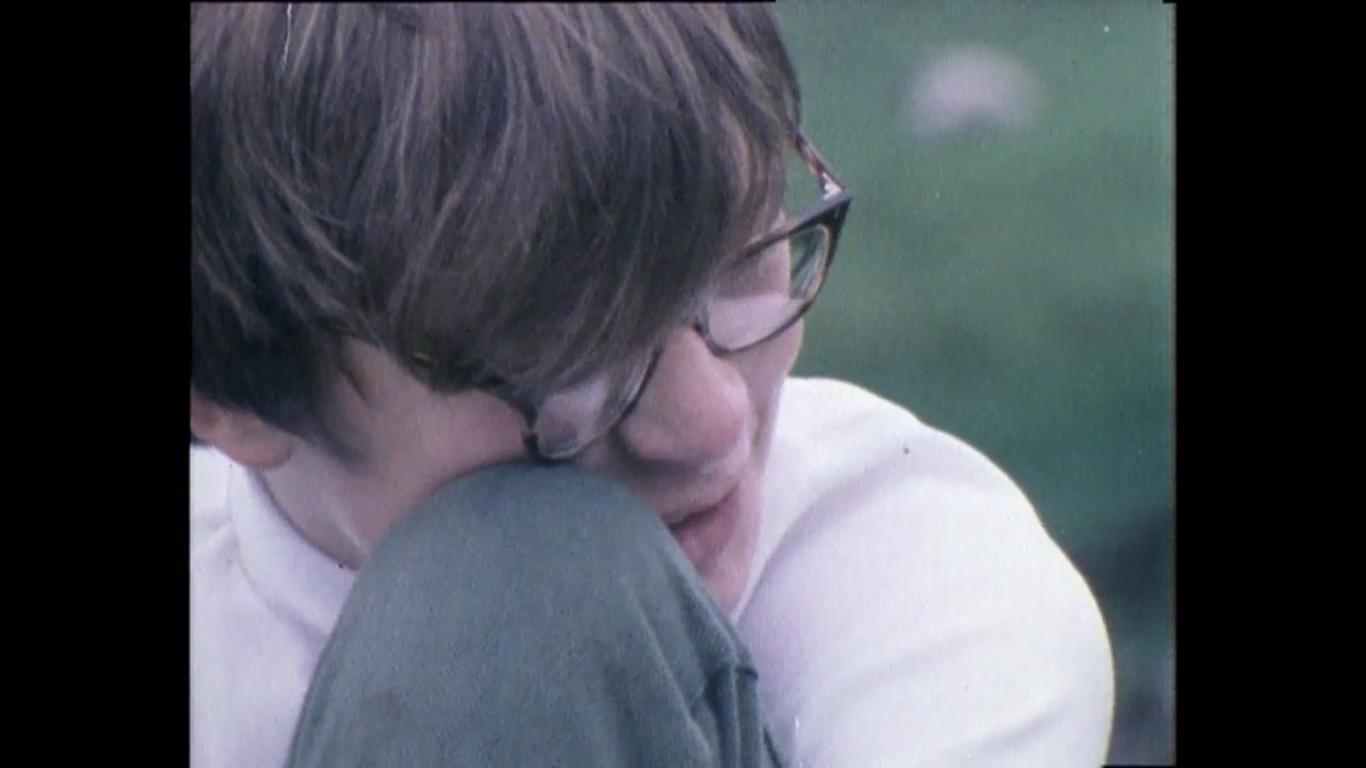Does social class affect the number of opportunities you have?
I have had many wonderful opportunities in my life. The most recent being able to come to the Missouri Academy of Science, Mathematics, and Computing. I feel that opportunities have been awarded to me based on my social class, but I have also been presented opportunities due to my abilities.In 21 Up they discuss equal opportunity. The kids, well now adults, are asked about the ideas behind the program-- that certain people have more options than others and this is undesirable. The three boys from the exclusive kindergarten (John, Andrew, and Charles) made the points below:
- The difference between the numerical number of options isn't that great.
- Knowledge creates an option in itself.
- Expectations have given them more opportunity, not the school they attended or other things like that.
John voices his opinion that he doesn't believe the opportunity gap to be undesirable, but people with opportunities not taking advantage of them is. To put it in his own words, "If people behave responsibly, I think it's very good. There's a sort of stability and structure in society".
The boys, particularly John, point out that even though they, for the most part, followed their trajected course, the opportunities were not handed to them. They had to work hard to get to where they are. I think this is a great example of how your expectations and knowledge create opportunities. I have had to work hard and endure many sleepless nights to get where I am. I have been taught to expect a lot out of life and hard work is how you get there.
The boys also mention how they believe the three girls from the primary school, Jackie, Lynn, and Susan, have had just as many if not more opportunities than them. The girls were then asked "in comparing yourselves to Suzy, who stands at the other end of the social scale, do you think you've had the same opportunities as her?" by the director Micheal Apted. The girls seemed a bit offended, with Jackie's reply being "I've had the opportunities in life that I've wanted" and Lynn's being "I'd say I've had more opportunities than Suzy".
Lynn continues on, saying that in a different aspect she has had more opportunities than what Suzy has had. She feels that she has been more or less able to do what she wants to do compared to Suzy who she believes has been conditioned into what she should and shouldn't do.
This documentary follows English people and the equal opportunity gap in England, but how does America compare. The New York Times produces a great article about the equal opportunity gap in America. Apparently we are far behind in closing this gap compared to other developed countries, but we do have resources that help close the gap, such as the GI Bill. I think free online classes are and will be a huge contributor to closing the gap. The Khan academy lessons online are a useful, free way to provide education to anyone with internet access.
I think as time moves on the equal opportunity gap will lessen, but there will always be a gap and I feel we need a gap. I would agree with John that it creates, "a sort of stability and structure in society". What are some opportunities you have been awarded in your life and why do you think that is?





































